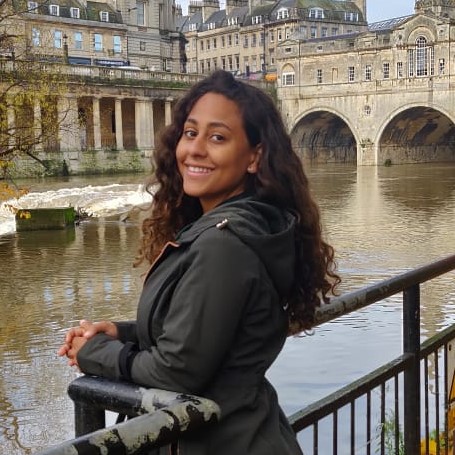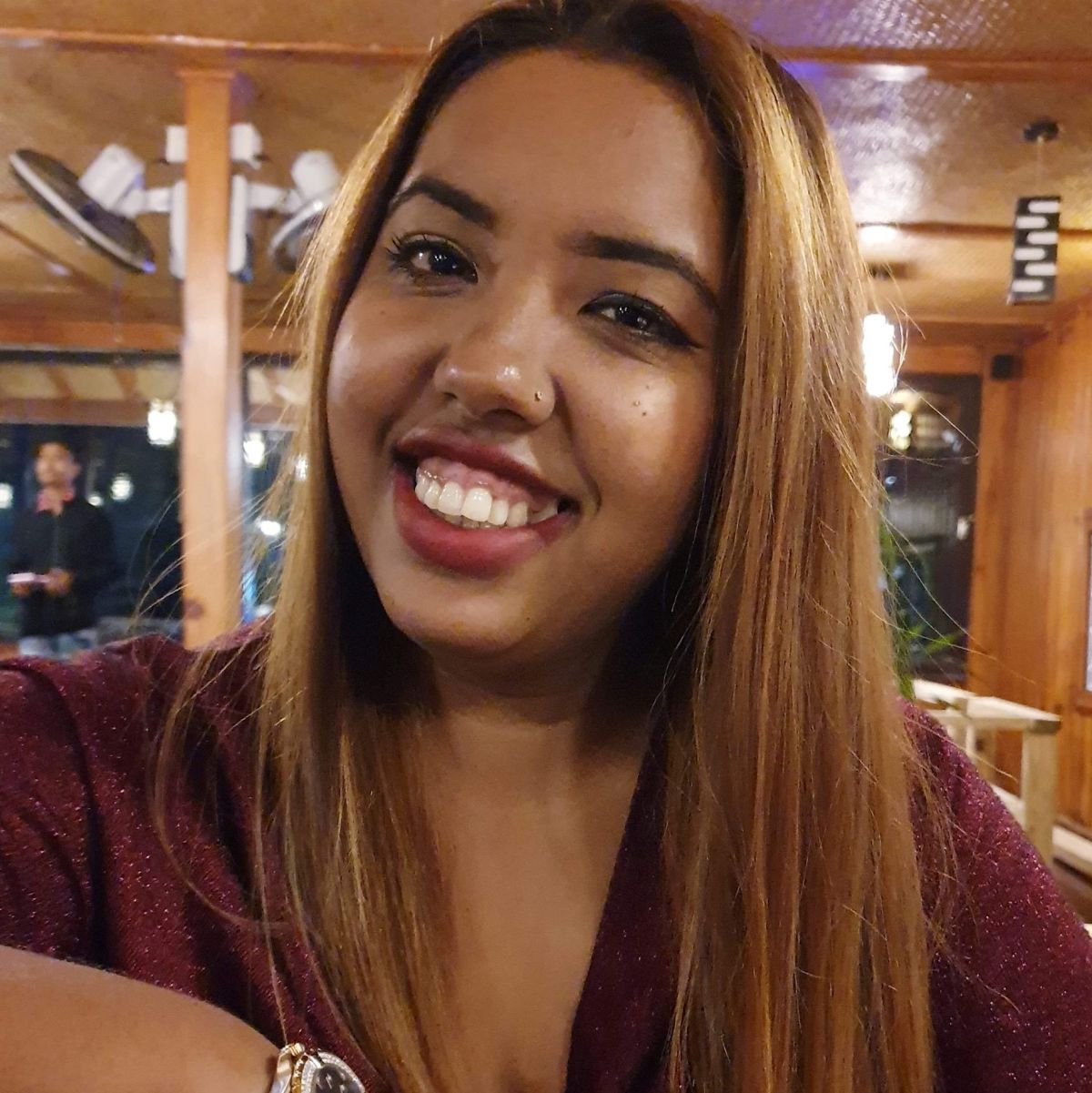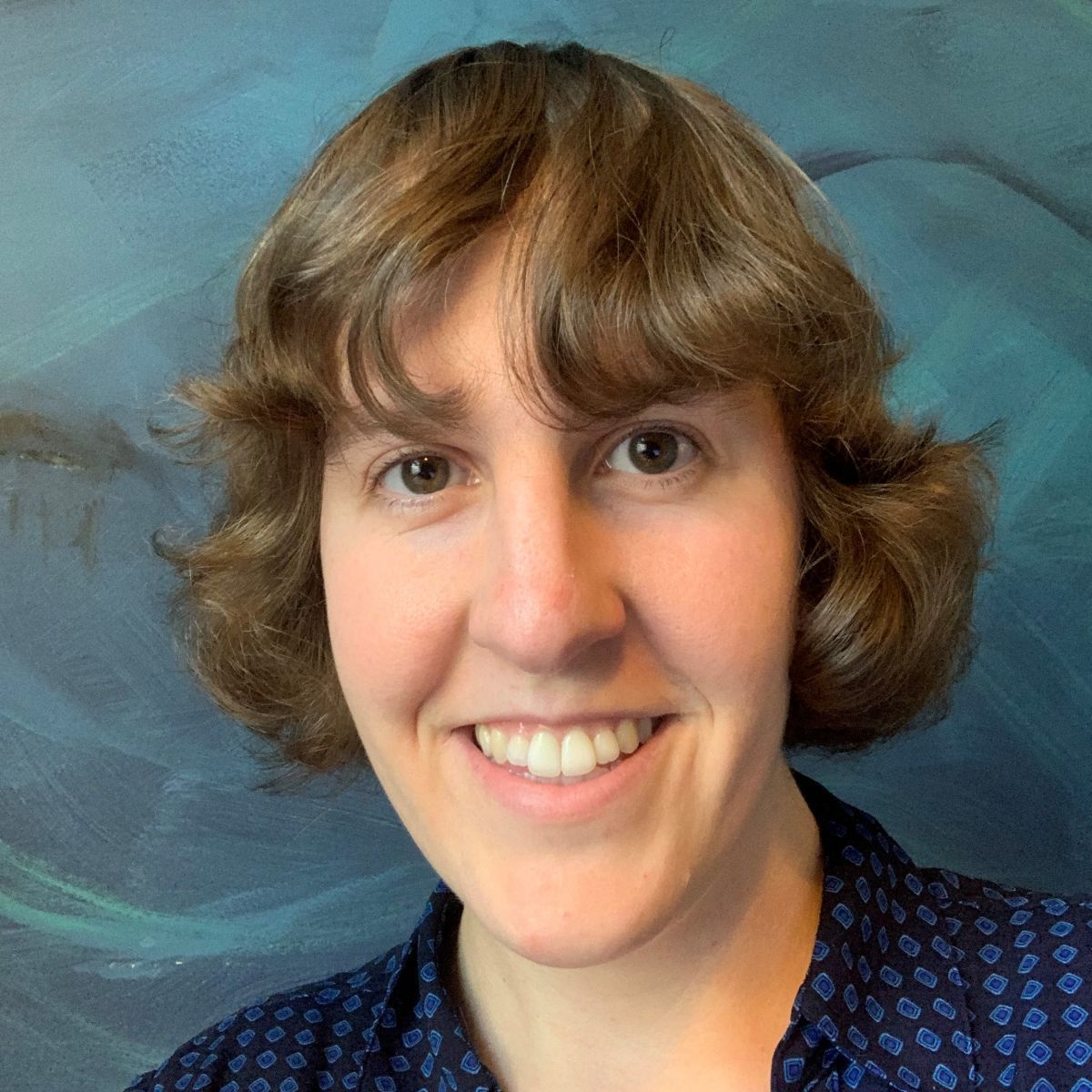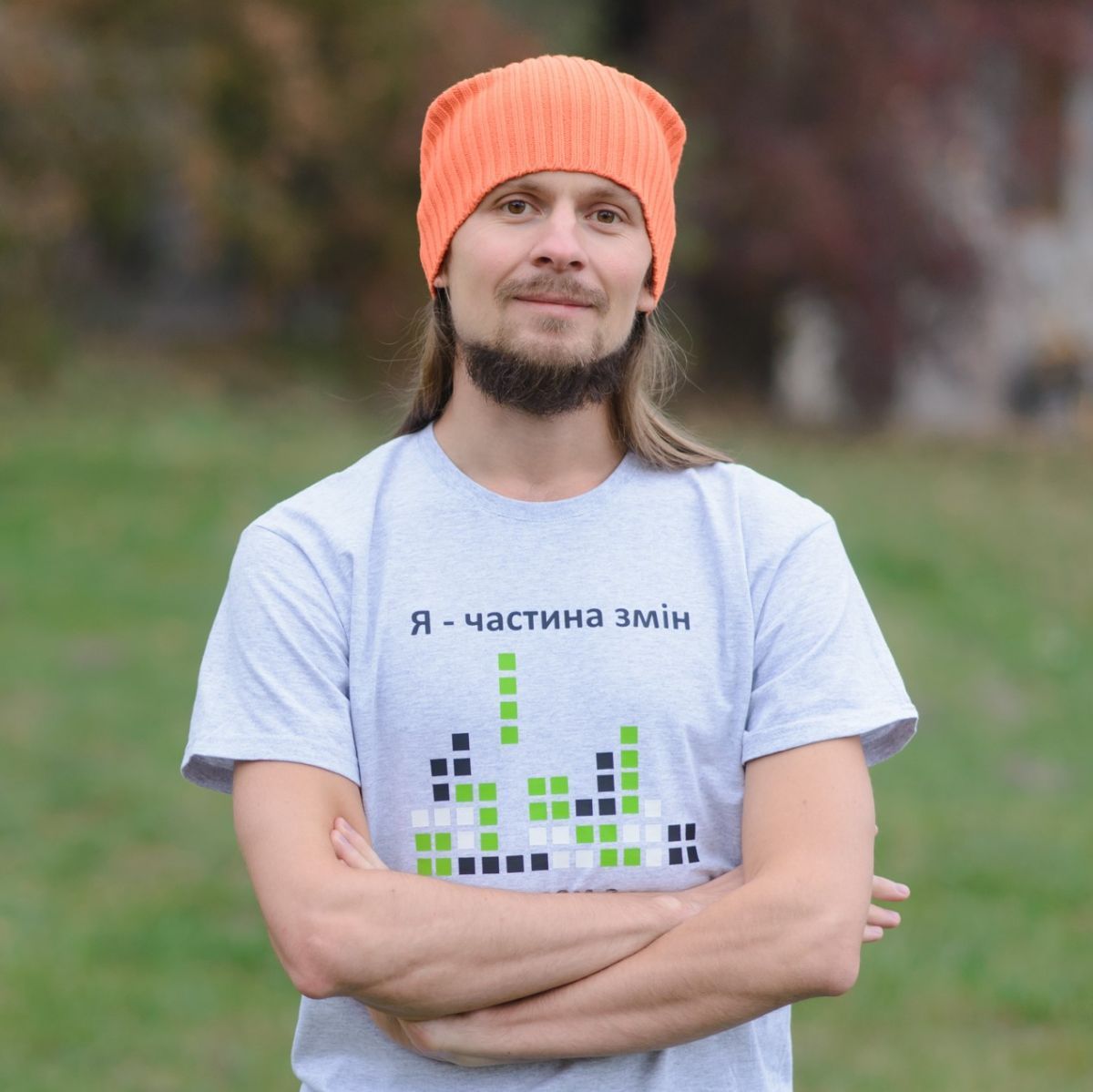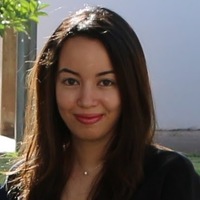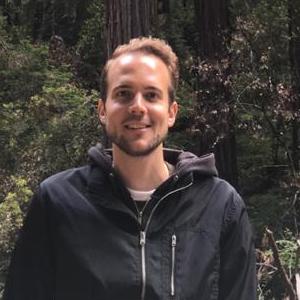Cinsiyetsiz Tuvaletler - Güvenli Bir Yer Elimizden Mi Alınıyor?
Göğüsleriniz ve vajinanızın savunmasızlığından ötürü ayrımcılık, taciz ve saldırıyla karşı karşıya kaldığınız anda, peşinde oldukları şey vücudunuzdur.
Belize, Central America
Hikâyenin yazarı: Robin Schaffer. Çeviren: Büşra Çavundur
Yayınlanma tarihi: February 23, 2020.
Bu hikâye şu dillerde de mevcut: 

Bir gün üniversite binamdaki tuvalete gittim ve tabelaların “erkek” ve “kadın”dan “cinsiyetsiz” ve “pisuarlı cinsiyetsiz” olarak değiştiğini gördüm. Bu gelişme Birleşik Krallığa özgü değil; son yıllarda tuvaletler birçok ülkede cinsiyetsiz ve üniseks olarak değiştirildi [1]. Bu değişim esas olarak, “erkek” veya “kadın” cinsiyetleriyle özdeşleşmeyen insanlara yönelik tacize karşı koymak için transseksüel topluluk tarafından teşvik edilmiştir.
Başlangıçta bu beni hiç rahatsız etmedi. Aslında, bir gün tampon almak için tuvalete gidip lavaboda ellerini yıkayan bir adamla karşılaşana kadar değişikliği memnuniyetle karşılamıştım. Birden gerilmiştim ve aklıma Belize'de 12 yaşında vücudu erken gelişmiş bir kızken tuvalette başımdan geçenler gelmişti. Bir erkeğin bulunduğu tuvaletten ulu orta bir regl ürünü almak zorunda kalmak beni rahatsız etmiş, bu güvenli alanın elimden alınması endişelendirmişti.
Ancak, bunu bilenler rahatsızlığımı aşmam gerektiğini söylüyordu çünkü “gelişmekte olan ülkelerin bu sorunları burada, Birleşik Krallık'ta bizi etkilemiyor”du. Belki ben aşırı duyarlıyım; memleketimde, beyaz lise üniformamla akranlarımla yürürken avını bekliyormuş gibi davrananları fark etmeyi laf atılacak yaşa gelmeden önce öğrendim. Ve belki de İngiltere'de, eski büyük imparatorluğun [2] o küçük köşesinde güvenli kadın alanı taleplerim mantıksız kalıyor. Ancak taciz hâlâ yaygın ve toplumsal cinsiyet adına cinsiyeti görmezden gelme eğilimi, ki cinsiyetsiz tuvaletler örneğinde olduğu gibi, tehlikelidir [3].
Belize'de büyürken, cinsiyeti toplumsal cinsiyetten ayırmayı hiç düşünmedim. Bu ikisi, birbirine ayrılmaz bir şekilde bağlanmış ve bu bağ yıllar boyunca pekiştirilmişti. Erkek-kadın ayrımı hayatım boyunca sürmüştü: ayrı takımlar, tuvaletler ve seks eğitimi dersleri; kızlar için dikiş, erkekler için ahşap işleri. Bunun yanında, farklı üniformalar giyiyorduk.
Kızlarda saflık vurgulanıyordu. Erkeklerde erkeksilik teşvik ediliyordu. Bu toplumsal cinsiyet rollerinin çoğu genellikle biyolojik bir gerekçeye dayandırılıyordu. Şöyle ki, kadınlar hamile kalabilir ve belirli saldırı türlerine karşı daha savunmasızdır; erkekler yeterince sert değillerse kendilerini ve ailelerini koruyamazlar.
Bunları büyürken fark etmedim çünkü dünya görüşümle çelişecek hiçbir şey yoktu. Yedi yıl önce Belize'den taşınana kadar cinsiyet ve toplumsal cinsiyet anlayışıma hiçbir şey meydan okumamıştı.
Belize'de sınıfındaki popüler bir çocuk tarafından uyuşturucu verilip tecavüze uğramış bir kız tanıyorum. Kendini o duruma soktuğu, kolay göründüğü, alkol aldığı ve giydiği kıyafetler için kendini suçladı ve ertesi hafta saldırganına kaba görünmemek adına gülümseyerek acısını derinlere gömdü. Olanlar için şikayette bulunmadı. Güpegündüz vajinal, anal ve oral tecavüze uğrayan bir kadın tanıyorum ve ailesi mini eteği ve dışarıda gezdiği saat yüzünden onu suçladı. Kadın şikayette bulunmadı.
Evet, bunlar Belize'de olan şeyler ama bunlar sadece “gelişmekte olan ülke” sorunları değil. Bunlar, kadınların dünya çapında karşılaştığı sorunlar [4] ve bu biyolojik farklılığı kabul edip onun için hazırlık yapmamayı anlayabilmem imkansız çünkü göğüsleriniz ve vajinanızın savunmasızlığından ötürü ayrımcılık, taciz ve saldırıyla karşı karşıya kaldığınız anda, peşinde oldukları şey vücudunuzdur.
Bu yüzden, cinsiyetsiz alanların getirilmesi gibi gelişmelere çok dikkat etmemiz ve ne yazık ki hâlâ birçok kadın için kadınlar tuvaletinin gidilebilecek güvenli bir alan olduğunu kabul etmemiz gerektiğini düşünüyorum.
Dipnotlar
[1] https://en.wikipedia.org/wiki/Unisex_public_toilet
[2] Belize, 1862'den 1964'e kadar bir İngiliz Kraliyet kolonisiydi ve 1981'de tam bağımsızlık kazandı.
[3] Cinsiyet (sex), insanların biyolojik özelliklerine göre kategorize edildiği iki ana gruptan biridir; toplumsal cinsiyet (gender) ise cinsiyet etrafında toplumsal olarak inşa edilen rol ve davranışları ifade eder.
[4] https://www.one.org/us/blog/7-barriers-to-girls-education-you-need-to-know/
Bu hikâye size ne hissettirdi?
Follow-up
Do you have any questions after reading this story? Do you want to follow-up on what you've just read? Get in touch with our team to learn more! Send an email to [email protected].
Bu hikâye hakkında yorum yapın
Please enable cookies to view the comments powered by Disqus.
Haber bültenimize üye olun
Haber bültenimize üye olarak Correspondents of the World platformundaki yeni hikâyelerden haberdar olun:
Diğer Türkçe hikâyeler
Diğer temaları keşfedin
Projemize siz de katılın
Correspondents of the World ile, gün geçtikçe küçülen ancak bir şekilde insanları birbirinden uzaklaştıran bir dünyada birbirimizi daha iyi anlamak adına adımlar atmak istiyoruz. Yanlış anlaşılmaların ve gereksiz yere hararetli tartışmaların ortaya çıkmasının en önemli nedenlerinden biri her birimizin küresel sorunlardan farklı şekilde etkilendiğini gerçekten anlayamamamızdan kaynaklanıyor.
Amacımız paylaştığımız bireysel hikâyelerle bunu değiştirmek
Dünya Çapında Bir Topluluk
Correspondents of the World sadece bu web sitesinden ibaret değil; aynı zamanda dünyanın her yerinden gelen büyük bir insan topluluğundan oluşuyor. Yüz yüze görüşmeler şu anda mümkün olmasa da, Facebook Grubumuz Correspondents of the World'e katkıda bulunan diğer insanlarla tanışmak için EN DOĞRU yer. Şu anda birbirimizi daha iyi tanımak için bir dizi online görüşmeler organize ediyoruz.











